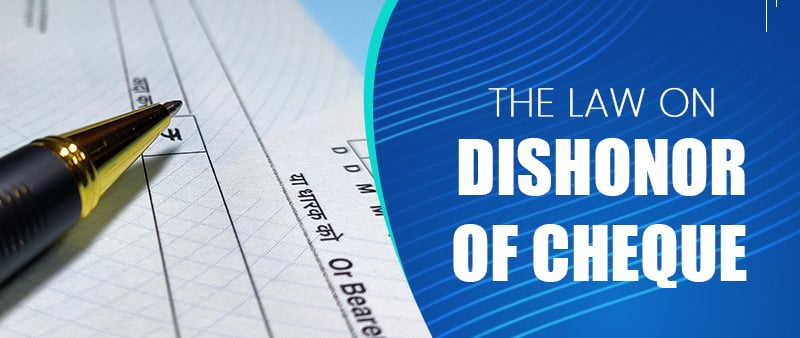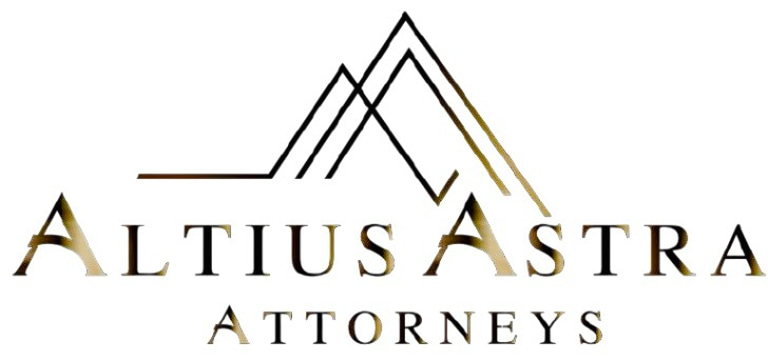Vague Legal Demand Sinks Cheque Bounce Case: Delhi HC's Stark Warning for Businesses & Lawyers
Adv Nadeem Saifi | Partner | Altius Astra Attorneys
6/24/20253 min read


Ouch. Imagine going through the hassle of filing a cheque bounce case, only to have it thrown out because your legal notice wasn't precise enough. That's the harsh reality a consultant just faced in the Delhi High Court, and it's a wake-up call for anyone dealing with dishonoured cheques.
Here’s what went down in Barun Bhanot v. M/S Annie Impexpo Marketing (June 2025) before Justice Amit Mahajan:
The consultant (Bhanot) claimed a company owed him a hefty ₹2.64 lakh for services rendered. As part payment, the company gave him two cheques for ₹50,000 each. Both bounced. Naturally, the consultant sued under Section 138 of the Negotiable Instruments Act (NI Act) – the go-to law for cheque bounce cases.
So, why did his case crumble? It all came down to one critical document: the legal notice sent before filing the case.
Instead of clearly demanding payment for the specific amounts covered by the bounced cheques (₹50,000 for cheque A, ₹50,000 for cheque B), the notice vaguely demanded payment of "all outstanding dues" – the full ₹2.64 lakh. This seemingly small error proved fatal.
The Trial Court & High Court Agreed: Precision is Non-Negotiable
The Trial Court acquitted the company, and the High Court just slammed the door shut on the consultant's appeal. Why? Because Section 138(b) of the NI Act isn't just a suggestion – it's law. It mandates that the legal notice must demand "the said amount of money" – meaning the exact amount of the dishonoured cheque(s).
Justice Mahajan minced no words: "A demand for ‘all dues’ is ambiguous." It completely defeats the core purpose of Section 138, which is to give the person who wrote the cheque (the drawer) one clear, unambiguous chance to cough up that specific cheque amount within 15 days. Think of it as a legal lifeline. A vague notice like "pay everything you owe me" doesn't cut it.
What should the notice say? The Court was crystal clear: It must specify: ‘Pay ₹[Exact Amount] under Cheque No. [Number] dated [Date]’. No shortcuts, no bundling.
Beyond the Notice: Other Cracks in the Case
The consultant's problems didn't stop at the faulty notice:
1. The Debt Itself Got Murky: The consultant claimed ₹2.64 lakh was owed. But when pushed, the actual documents (invoices, etc.) only seemed to support around ₹2.43 lakh – a significant ₹20,707 gap. The High Court noted this inconsistency seriously eroded the consultant's credibility.
2. Presumption Isn't a Magic Wand: Sure, Section 139 of the NI Act creates a presumption that a bounced cheque was issued for a debt. But, as the Supreme Court reminded us in Rajesh Jain v. Ajay Singh (2023), that presumption can be rebutted. Here, the company pointed to the inconsistent debt claim and alleged faulty invoicing (like duplicate bills). This was enough to raise a "probable defence," shifting the burden back to the consultant to prove the specific debt linked to those specific cheques – which he struggled to do convincingly.
3. Acquittals Stand Firm: The High Court reiterated a tough principle from Rohitbhai Patel v. State of Gujarat (SC 2019): Appellate courts won't lightly overturn an acquittal. Unless the trial court's view was downright "perverse or unsustainable," it stands. The flaws here were real, so the acquittal stuck.
Why This Ruling Should Make You Sit Up Straight (Especially if you issue cheques or chase payments)
· For Lawyers: Draft those Section 138 notices with surgical precision. Every. Single. Time. Generic demands are a recipe for disaster. Cite cheque numbers, dates, and amounts explicitly. Double-check them. Also, meticulously prepare your client's evidence – ensure the claimed debt is rock-solid and perfectly matches the documentary trail. Inflated or inconsistent claims will blow up in your face.
· For Businesses & Professionals: This is a stark lesson. Sloppy record-keeping (like that ₹20k+ discrepancy) can sink an otherwise valid claim, even if the cheques are real and bounced. Maintain clear, consistent invoices and accounts. If you need to trigger Section 138, invest in a lawyer who knows NI Act procedure cold. A cheap or vague notice will cost you far more in the long run. It’s not just about having a debt; it’s about proving it exactly as the law requires.
· For Law Students: Watch how procedure (Section 138's strict notice rules) and evidence (Section 139's rebuttable presumption, burden shifting) collide in real cases. This judgment is a practical textbook example. Revisit landmarks like Rangappa v. Sri Mohan (on the presumption) and Basalingappa v. Mudibasappa (on rebutting it).
The Bottom Line:
The Delhi HC's message is loud and clear: The NI Act demands precision, not approximation. Vague notices deny the accused a fair chance to remedy the specific default related to the bounced cheque. While the law aims to punish dishonour, it also fiercely protects procedural fairness. As the Court implicitly warned: Complainants who rely on presumption while carrying sloppy paperwork and sending ambiguous demands are practically inviting defeat. In the high-stakes game of cheque bounce litigation, attention to detail isn't just good practice – it's the law.
Case Citation:Barun Bhanot v. M/S Annie Impexpo Marketing, decided by the Delhi High Court (Justice Amit Mahajan) in June 2025.
Altius Astra Attorneys
A premier law firm based in Delhi, India, offering legal representation across various practice areas for citizens rights and interests.
© 2025. Altius Astra Attorneys. All rights reserved.
Contact Us
📞 9899290789, 9818786756
📧 contact@altiusastra.com
3C-ED Block, Madhuban Chowk, Pitampura, Delhi-110034
DISCLAIMER
